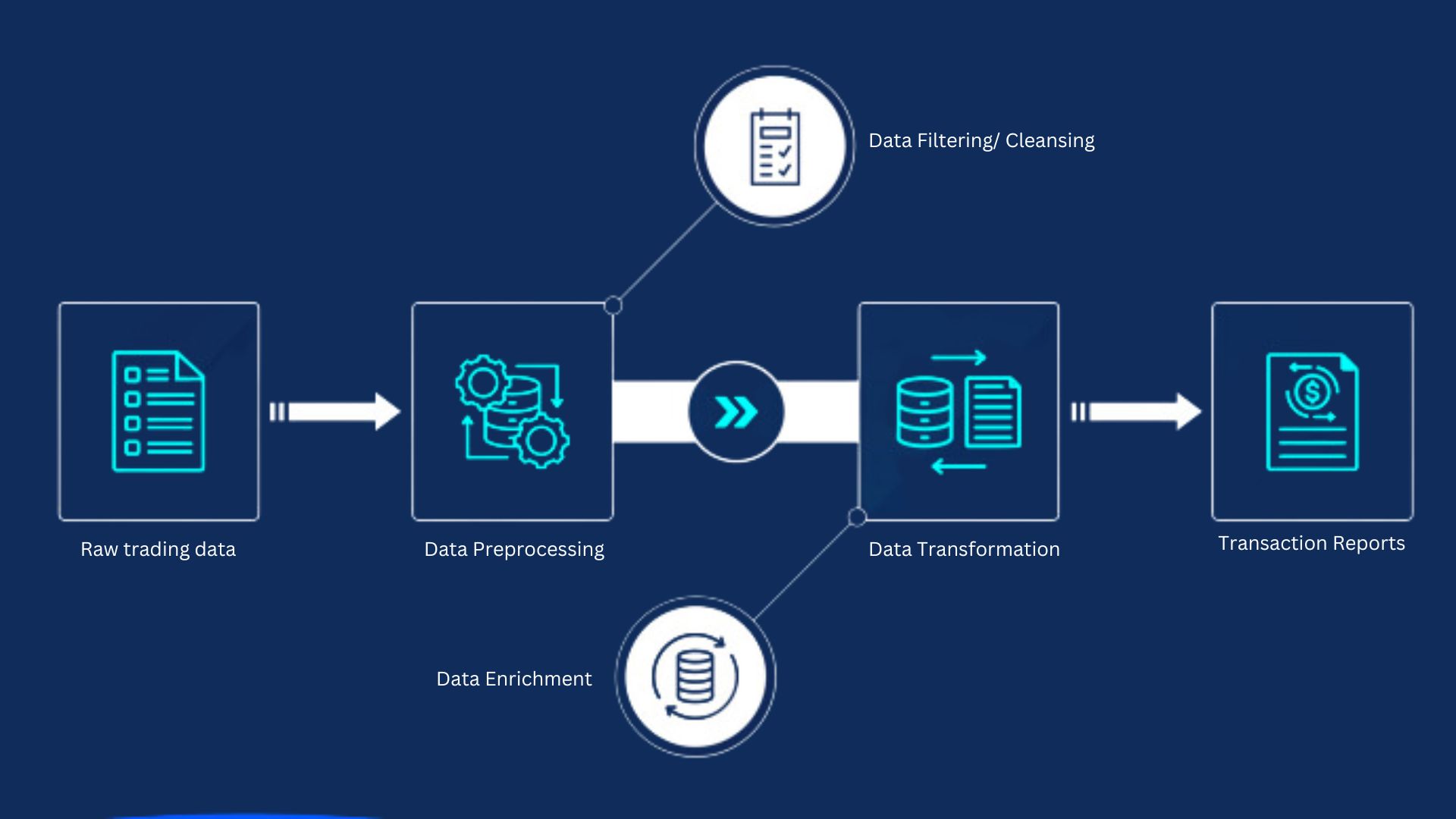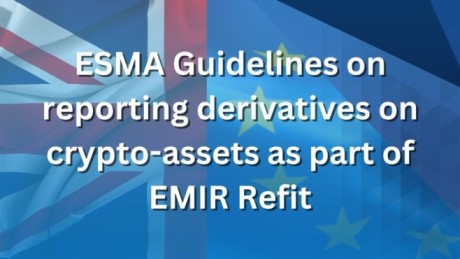
UTI reporting changes in EMIR REFIT
Emir Refit – UTI stands for Unique Trade Identifier, which is a unique identifier assigned to a trade in order to report trade data to trade repositories. The UTI is a critical component of the trade reporting process under EMIR REFIT, as it helps ensure the accuracy and integrity of the trade data that is reported.
Under EMIR REFIT, all derivatives contracts must be reported to trade repositories by the parties involved in the trade. The UTI helps to identify the trade throughout its life cycle, from the time it is executed to when it is terminated. The UTI is assigned by a waterfall logic in current EMIR REFIT and must be unique across all trade repositories in the European Union and in UK.
In contrast to the UPI, the UTI has been in use since the beginning of EMIR reporting, and reporting firms are familiar with its usage and benefits.The use of the UTI helps to ensure that trade data is consistent and accurate, as it enables trade repositories and regulators to track and reconcile trades, monitor market activity, and reduce the risk of market abuse. The UTI is also used to help regulators enforce compliance with EMIR REFIT, as they can use it to track the reporting of trades and enforce penalties for non-compliance.
In Refit, although the changes to the format of UTIs are generally seen as positive (e.g. eliminating the use of special characters), the update to the UTI generation waterfall is likely to be difficult for many reporting counterparties.
ESMA is adopting CPMI-IOSCO’s standards to define the structure of Unique Trade Identifiers (UTIs) in order to align with international standards. This change will improve global data harmonization. The new UTI generation model includes bilateral agreements as fallbacks, and if there is no agreement in place, firms must follow the UTI waterfall for generating the identifier which is a key change in current operating model. ESMA has set a deadline for the counterparty generating the UTI to communicate it to the other counterparty by 10:00 a.m. UTC on T+1, as outlined in ITS Article 7.
In summary, the UTI is a crucial component of the trade reporting process under EMIR REFIT, helping to ensure the accuracy, consistency, and integrity of trade data, and to support the regulatory oversight of the OTC derivatives market. Logic under Refit is changing which will result in tech as well as business process change.




